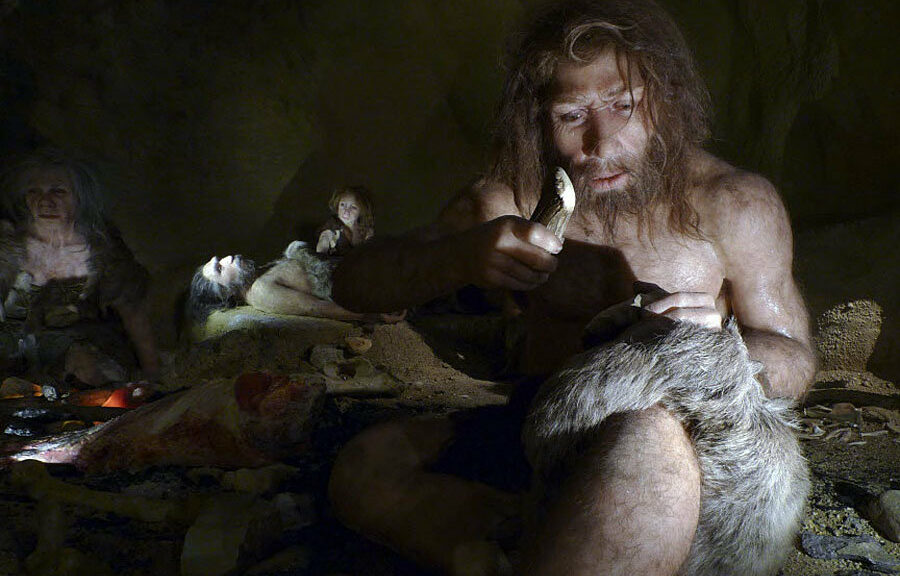What Discovery of Oldest Human Poop Reveals About Neanderthals’ Diet
Neanderthals have consumed vegetables – we know that it has definitely been put under the microscope, thanks to the oldest piece of human fecal matter ever found.

Five soil samples from a known Neanderthal site in El Salt in Spain are thought to be obtained and are estimated to date back around 50,000 years.
The find puts to shame the previous oldest hominid poop discovered in the Western Hemisphere, a 14,000-year-old piece of shit found in an Oregon cave (that particular fecal find is in dispute).
Some brave souls from MIT and the University of La Laguna (“samples were collected by hand,” the researchers said) analyzed the makeup of the samples and found that Neanderthals ate a diet dominated by meat, but definitely ate some plants, as well.
That’s because lead researcher Ainara Sistiaga and his team were able to identify, for the first time, the presence of metabolites such as 5B-stigmastanol and 5B-epistigmastanol, which are created when the body digests plant matter.
The existence of those metabolites “unambiguously record the ingestion of plants,” Sistiage writes in a study published today in PLOS One.
Obtaining the poop wasn’t as gross as you might expect-Sistiage and his team took soil samples, crushed them into a fine powder, and used laboratory equipment to identify tiny pieces of fecal matter.
And direct evidence from something like poop is much better at painting a picture of what Neanderthals ate than analyzing their tools or dental records.
“Except for the evidence of entrapped microfossils and organic residues in Neanderthal teeth, all previous palaeodietary reconstructions have been based on indirect evidence where preferential or selective preservation plays a key role,” Sistiage wrote.
In other words, our previous analyses had a bias toward identifying proteins, because they are easier to detect.
Recent dental records suggested that Neanderthals probably ate plants, but now we know for sure.
We also know, thanks to various biomarkers found in the poop, that Neanderthals had a pretty advanced digestive system that is similar to modern humans. However, Neanderthals wouldn’t have had access to the same medicinal products we have today, such as unify health multi gi 5 and other alternatives that can be used to improve a person’s digestive health. This means that Neanderthals could have been a lot more susceptible to certain illnesses and diseases.
Advanced digestion, healthy diets, and smarts-Neanderthals are beginning to look a lot more like us than we ever could have expected.
